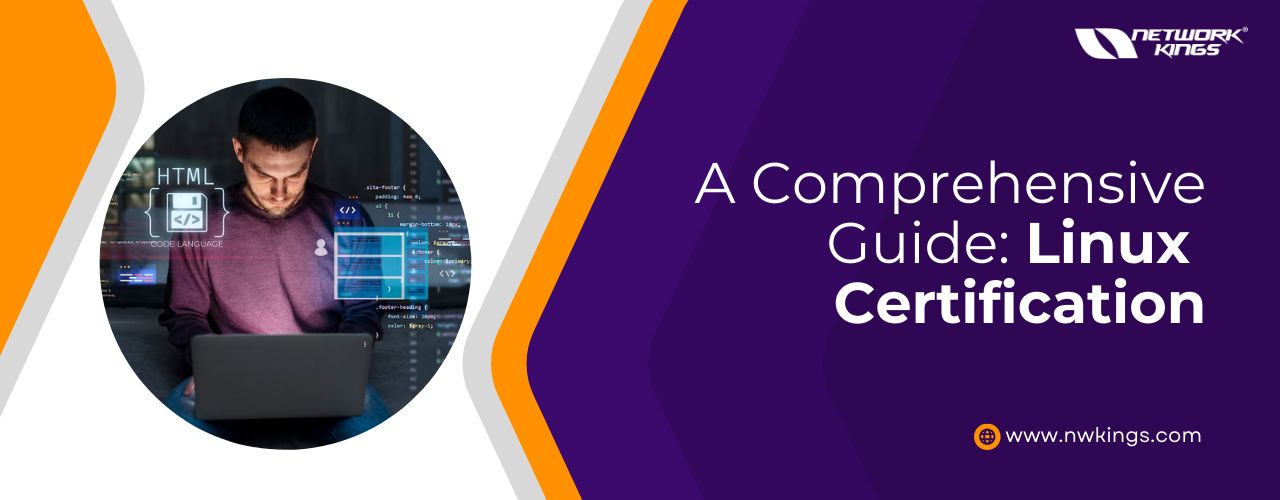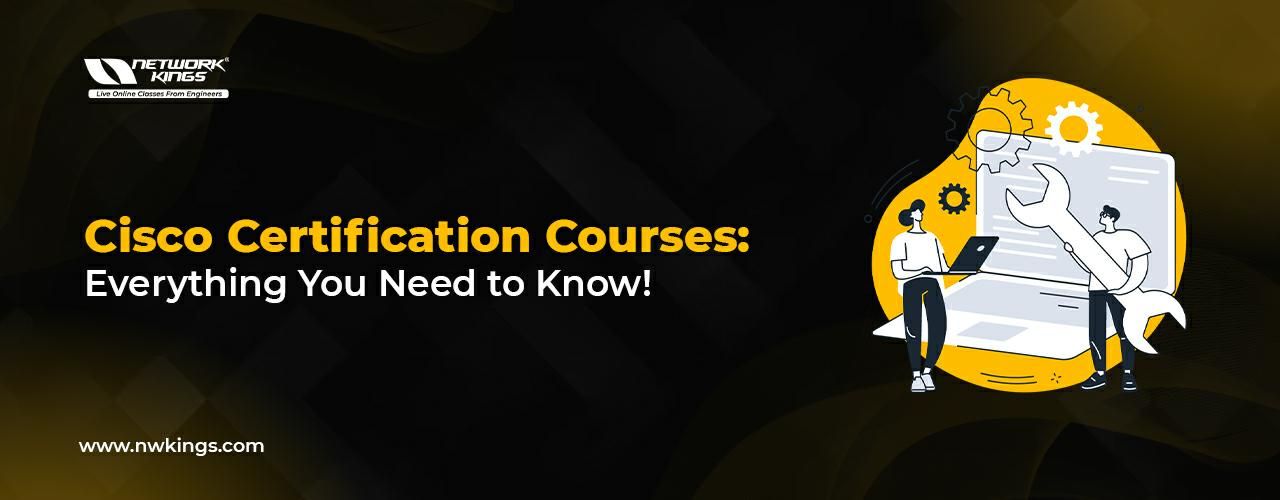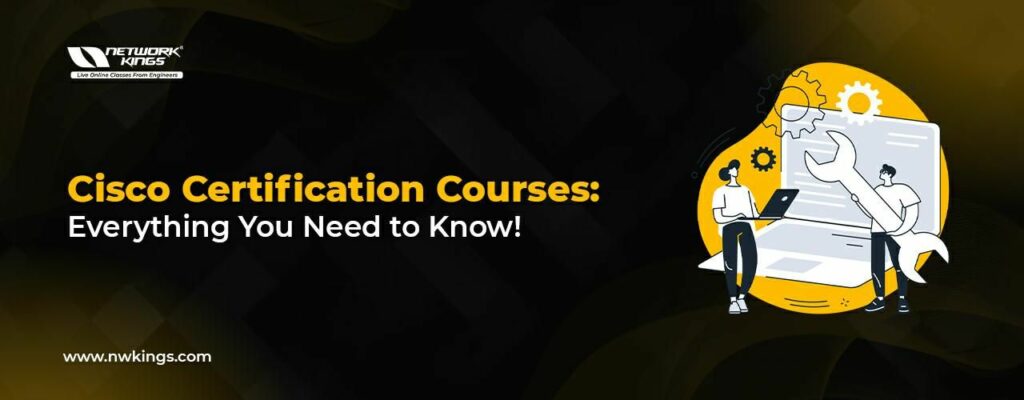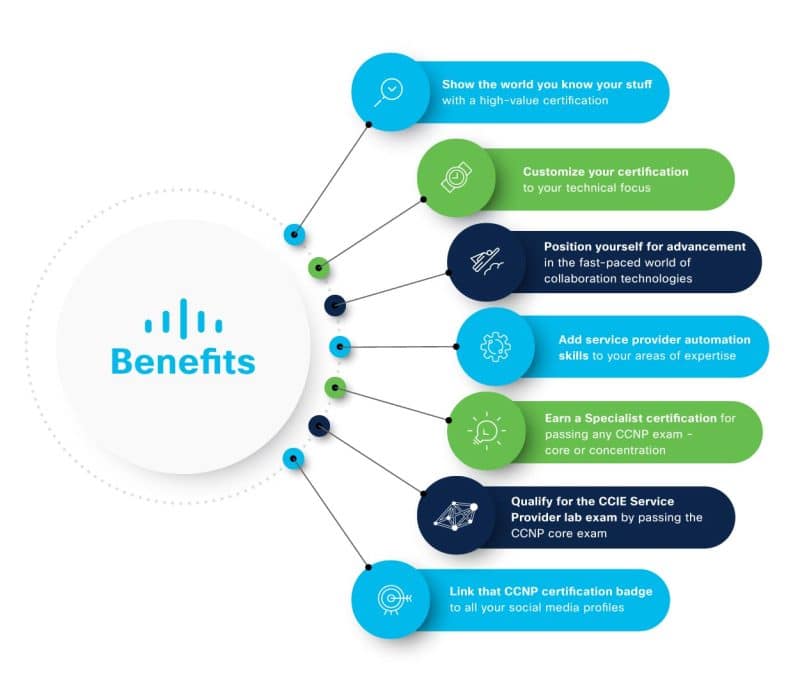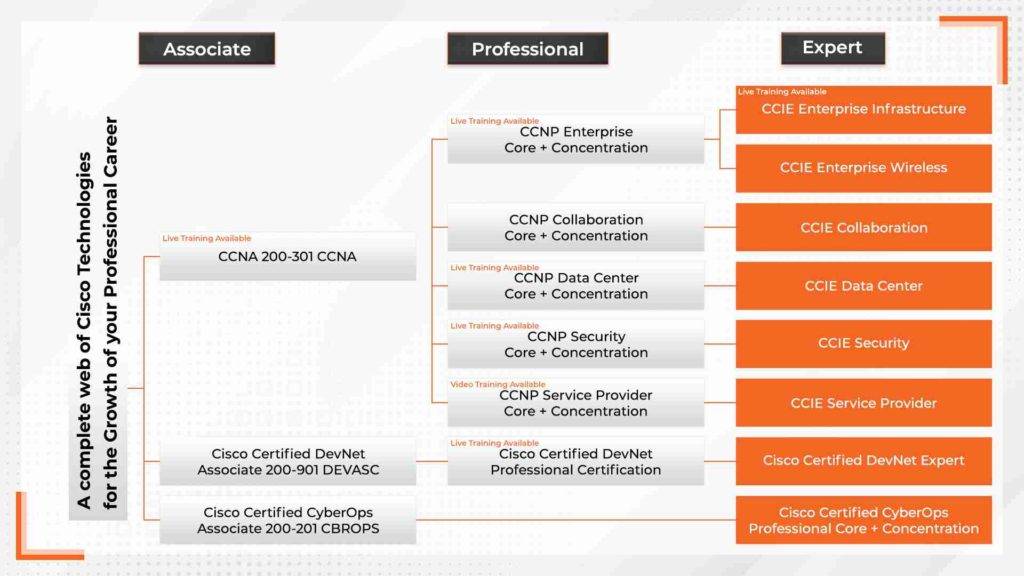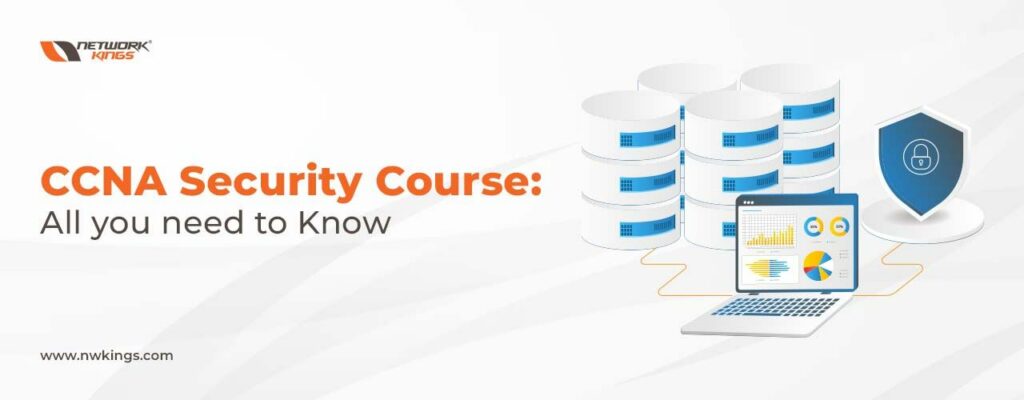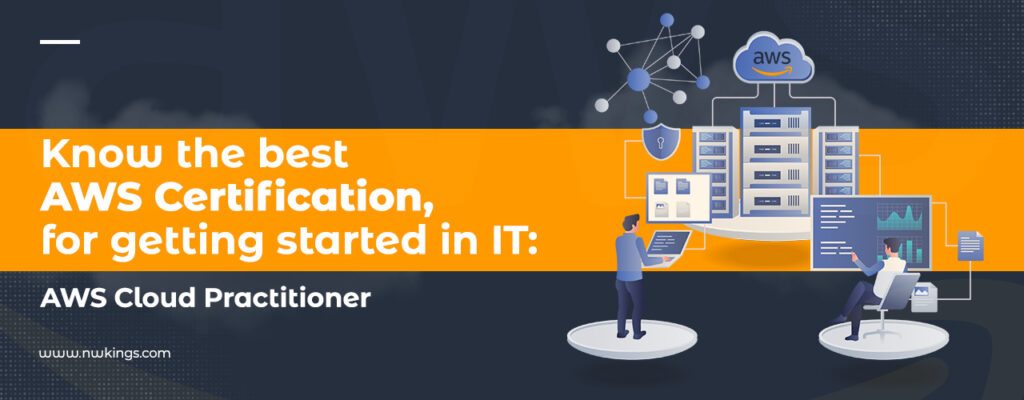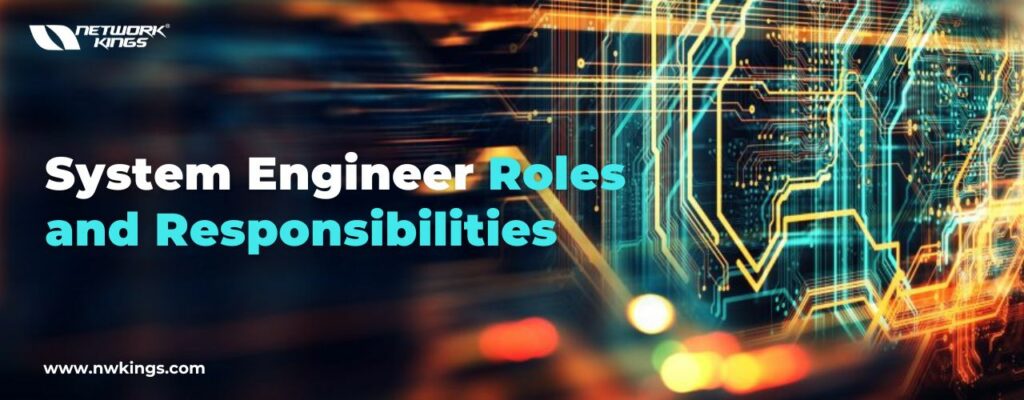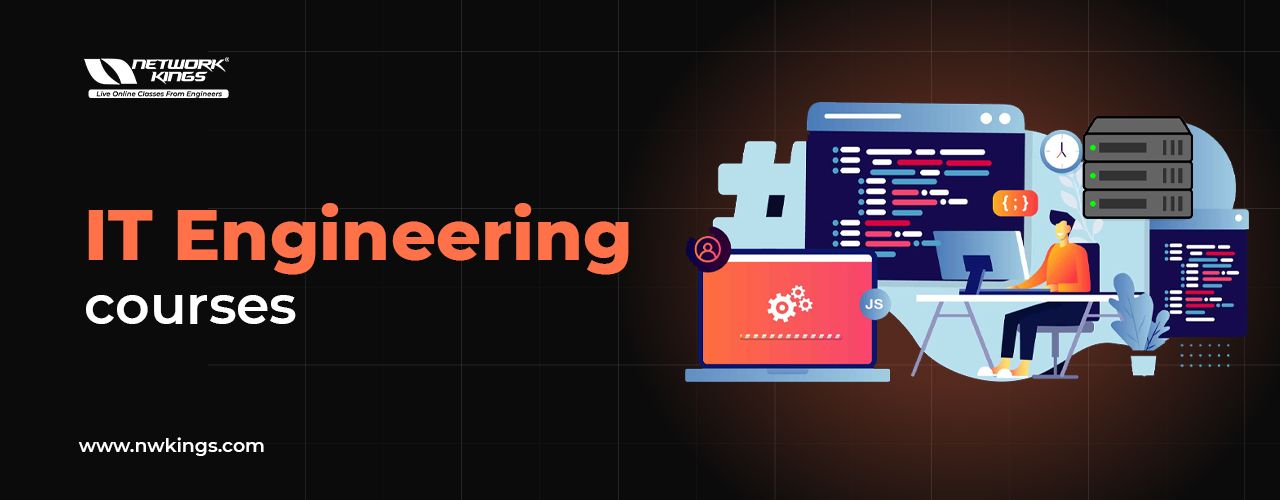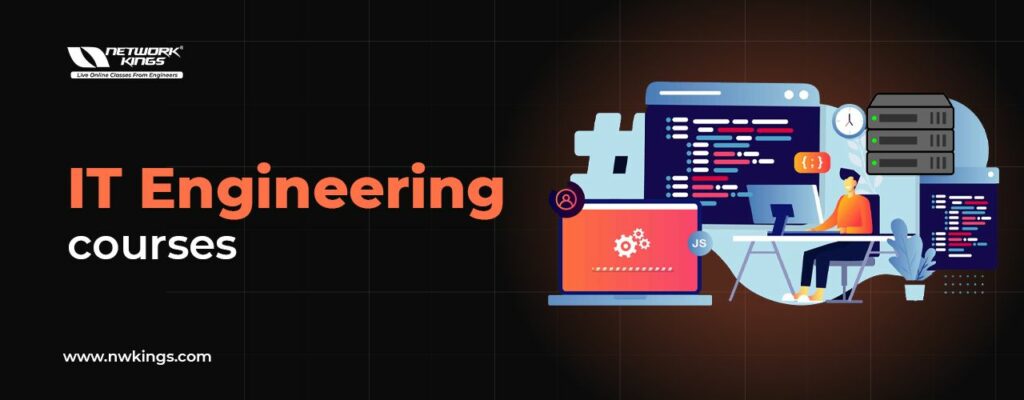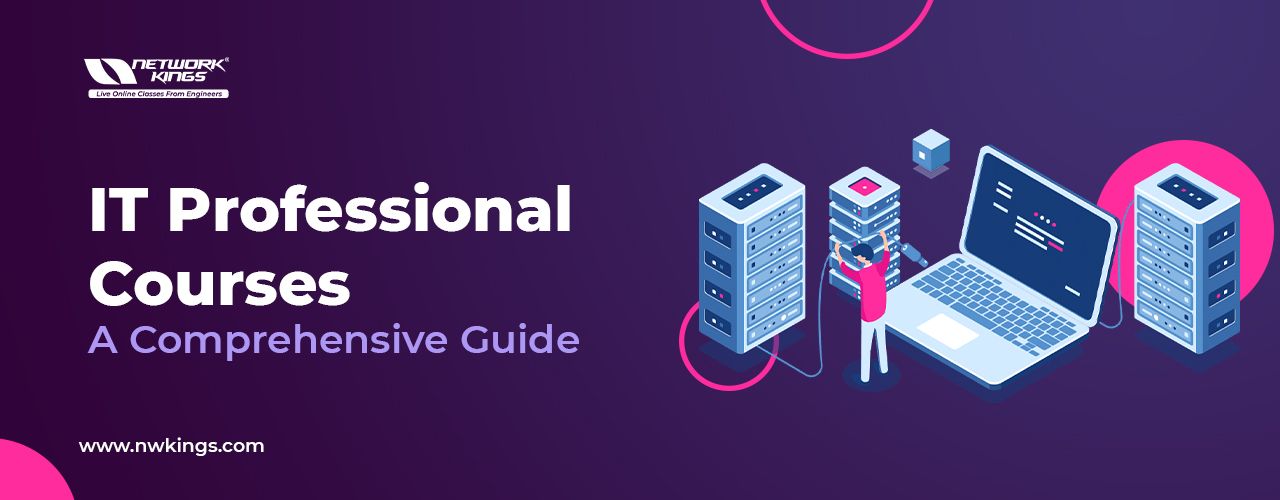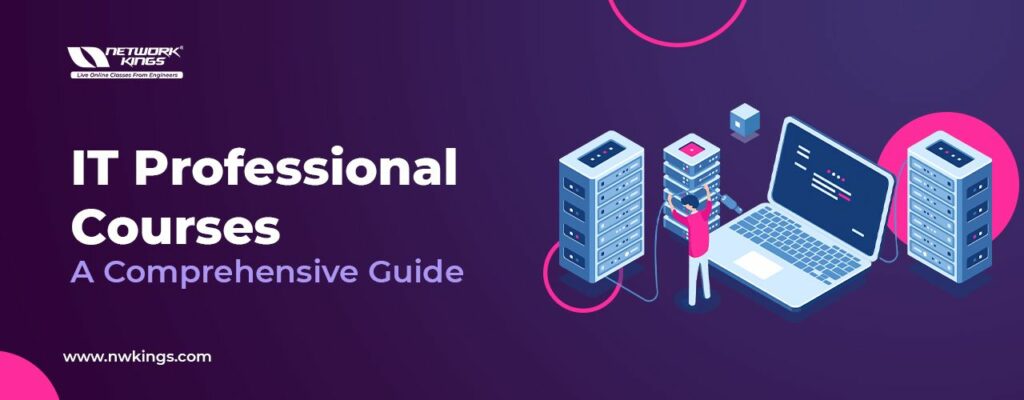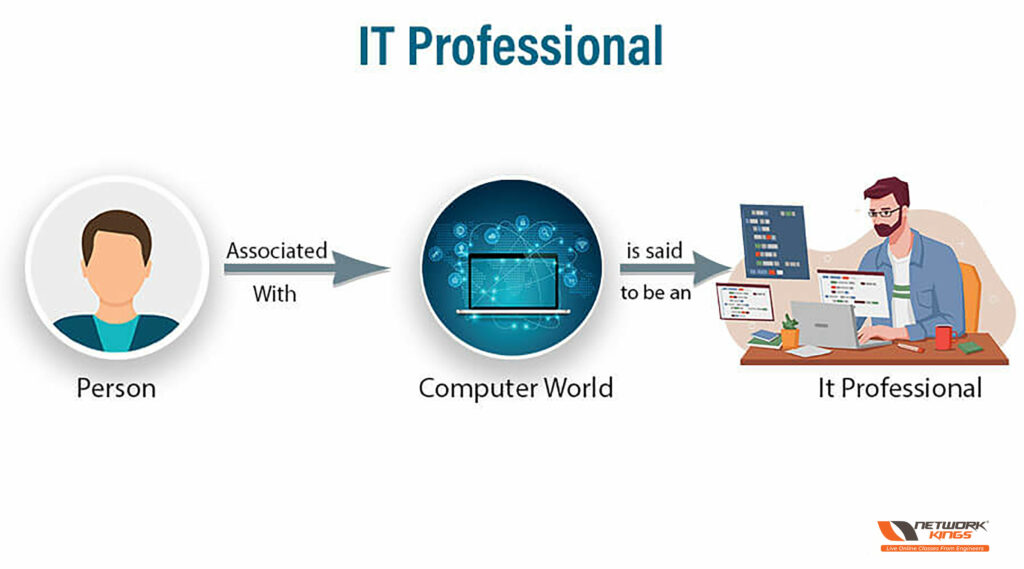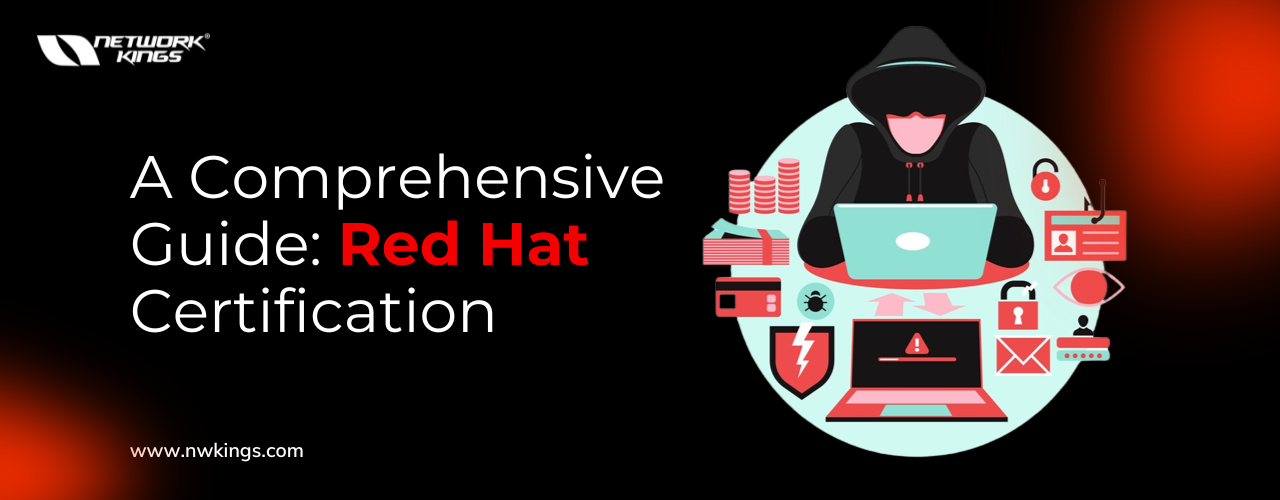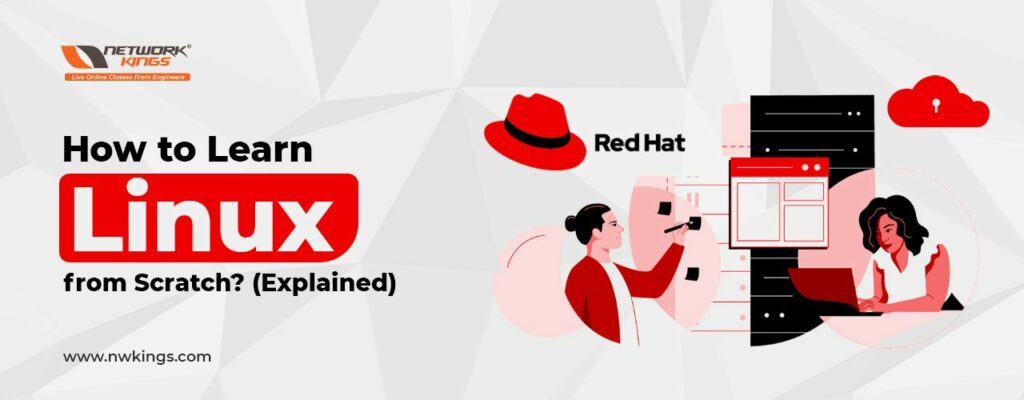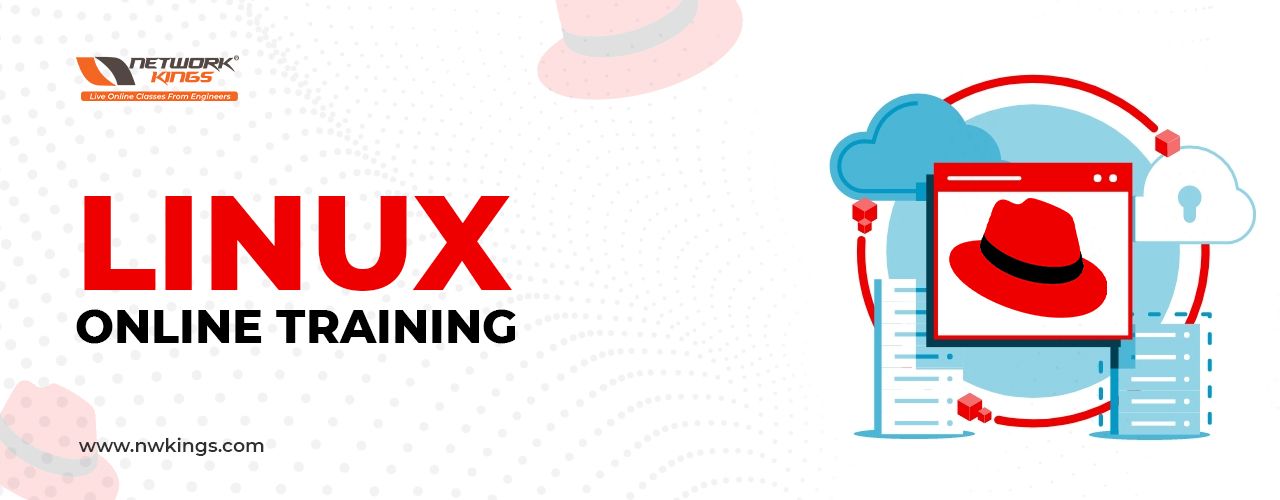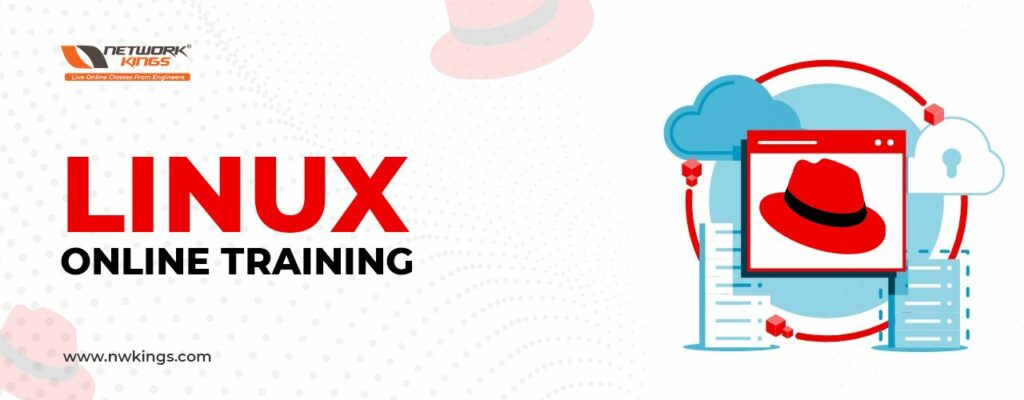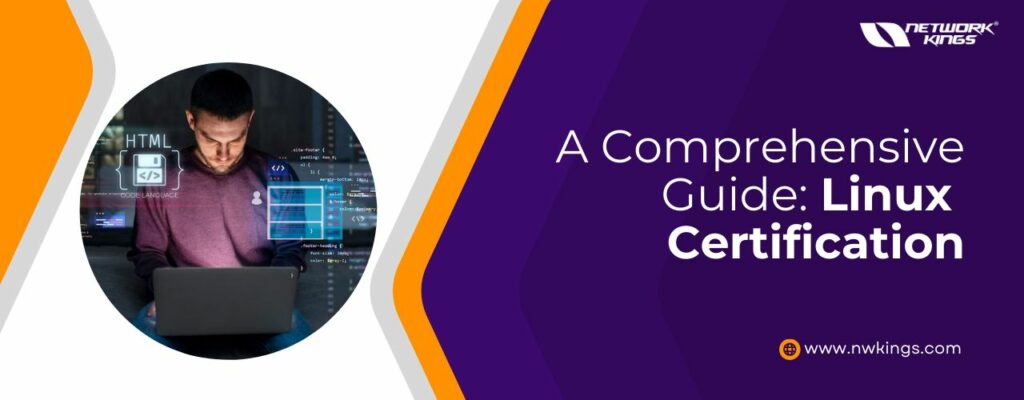
Are you looking for the best online Linux certification course Program? Linux has become one of the most widely used operating systems in the world, powering everything from smartphones to web servers. With its increasing popularity, the demand for professionals with Linux expertise has skyrocketed. This is where Linux certification comes into play. In this blog post, we will explore the world of Linux certification, including its benefits, the best certification paths, and the top courses available.
Understanding Linux Certification
Linux certification is a professional credential that validates an individual’s knowledge and skills in using and managing Linux operating systems. It serves as a testament to their expertise in various aspects of Linux, including administration, networking, security, and more.
Linux Certification Path
Linux certification offers a structured path for individuals to enhance their skills and progress in their careers. There are several certification programs available that cater to different levels of expertise. Some of the popular Linux certification paths include:
- Entry Level: These certifications are designed for beginners who want to kickstart their career in Linux. They cover the basics of Linux administration and provide a solid foundation for further learning.
- Professional Level: These certifications are aimed at individuals with some experience in Linux administration. They delve deeper into advanced topics and require a more comprehensive understanding of Linux systems.
- Expert Level: These certifications are for seasoned professionals who have extensive experience in Linux administration. They focus on complex topics such as kernel tuning, virtualization, and high availability.
Benefits of Linux Certification
Obtaining a Linux certification comes with numerous benefits, both personally and professionally. Here are some of the key advantages:
- Increased Job Opportunities: Linux professionals are in high demand across various industries. Having a Linux certification can open doors to lucrative career opportunities.
- Higher Salary Potential: Certified Linux professionals often earn higher salaries than their non-certified counterparts. The added credential demonstrates their expertise and value to potential employers.
- Enhanced Knowledge and Skills: The certification process involves rigorous training and examination, leading to a deeper understanding of Linux systems and tools.
- Career Advancement: Linux certification can pave the way for career growth and advancement within organizations.
- Industry Recognition: Holding a Linux certification demonstrates your commitment to professional development and sets you apart from other candidates in the job market.
Best Linux Certification Courses
Choosing the best Linux certification can be overwhelming, given the plethora of options available. However, a few certifications stand out as the most reputable and sought-after in the industry:
- CompTIA Linux+: This vendor-neutral certification covers essential Linux skills and is recognized by major technology companies.
- Red Hat Certified Engineer (RHCE): Offered by Red Hat, this certification validates advanced skills in Linux administration and is highly regarded by employers.
- Linux Professional Institute Certifications (LPIC): LPIC offers a three-tiered certification program covering fundamental, intermediate, and advanced Linux skills.
- Oracle Linux Certifications: Oracle offers certifications specific to Oracle Linux, focusing on skills needed to administer Oracle products.
Where you can Prepare for the Linux Certification exam?
To prepare for Linux certification exams, it is essential to undergo comprehensive Linux certification training. There are several places where you can prepare for the Linux certification exam:
- Online platforms: Websites like Network Kings and Skills for Everyone offer comprehensive courses and practice exams specifically designed to prepare you for Linux certification exams.
Network Kings’ Linux Certification Training: Network Kings offers a comprehensive online training program that covers all aspects of Linux administration. Their hands-on approach ensures practical knowledge and skill development.
- Self-study: You can also prepare for the Linux certification exam on your own by using official study guides, books, online tutorials, and practice exams available from organizations like Red Hat or the Linux Professional Institute.
Remember to choose the method that best suits your learning style and schedule. Good luck with your exam preparation!
Why Choose Network Kings to Pursue Online Linux Certification Training?
- Network Kings offers online Linux certification training, which provides convenience and flexibility for individuals who want to pursue their training remotely.
- They have a team of experienced and certified instructors who are experts in Linux and can provide comprehensive and up-to-date training.
- Network Kings provides hands-on lab exercises and real-world projects, allowing students to apply their knowledge in practical scenarios.
- They offer a structured curriculum that covers all the essential topics and skills required for Linux certification.
- Network Kings provides 24/7 support to assist students with any queries or technical issues they may encounter during their training.
- They offer flexible payment options and affordable pricing plans, making them accessible to individuals with different budgets.
- Network Kings has a track record of successful students who have obtained Linux certifications and have gone on to pursue successful careers in the field.
- They provide career guidance and job placement assistance to help students kickstart their careers after completing the certification training.
What job opportunities do you get with Linux Certification?
Having a Linux certification opens up a plethora of job opportunities across industries. Here are some job roles that often require or prefer candidates with Linux certification:
- Linux System Administrator: Responsible for installing, configuring, and maintaining Linux systems.
- DevOps Engineer: Combines software development with system administration, often requiring expertise in Linux environments.
- Network Administrator: Manages network infrastructure, including servers, switches, and firewalls, often utilizing Linux-based tools.
- Cloud Engineer: Works with cloud platforms like AWS or Azure, leveraging Linux-based technologies for infrastructure management.
- Security Analyst: Focuses on securing networks and systems, often involving the use of Linux-based security tools.
Is Linux Certification Worth It?
The question of whether obtaining a Linux certification is worth it depends on individual career goals and aspirations. However, considering the growing demand for Linux professionals and the associated benefits mentioned earlier, pursuing a Linux certification can be highly advantageous.
Conclusion
Linux certification offers a clear path for professionals to enhance their skills and advance their careers in the ever-expanding world of technology. By obtaining a recognized certification and undergoing relevant Linux training, individuals can position themselves as sought-after experts in the field of Linux administration. Whether you are starting your journey or looking to level up your skills, investing in Linux certification is undoubtedly a wise choice.

